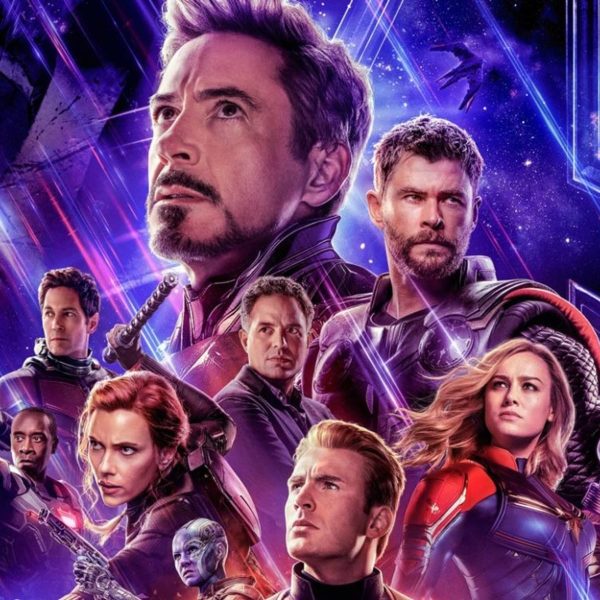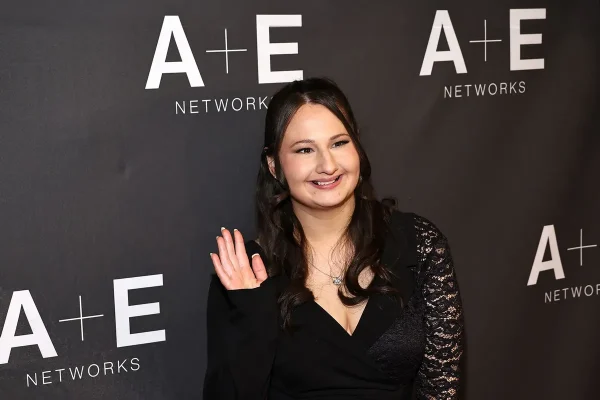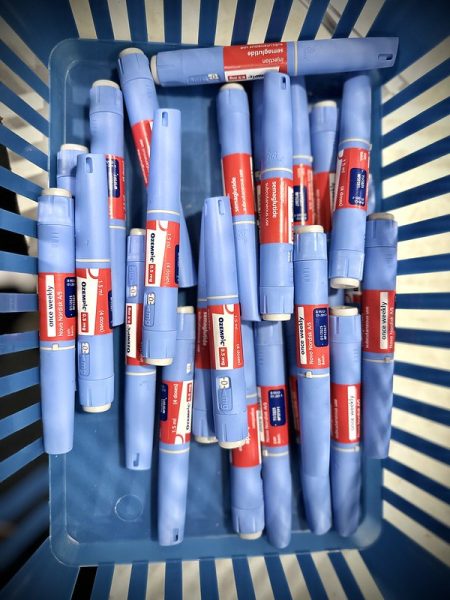Value to me is worthless to you
There is a box, a bursting at the seams box, a torn at every corner box, sitting in my basement.
Laced with love, stuffed with stuff, weighted with what I deemed important enough to keep, this too-small box holds five years of tangible life I’ve lived.
Ticket stubs, playbills, birthday cards, wristbands, strips of photos. I started collecting these mementos—these pieces of paper—around fifth grade; it was at that age where I started attaching a certain level of importance, of weight, to random train tickets or wristbands.
Why did I weigh these items, place a price sticker according to their weight on them, and start putting them in a decorative box that had been stark on my shelf? Why did I continue to weigh, place, and put for five years? Why do I still go back to that box every now and then to sift through the love and life tucked away?
Because, at the end of the day, it’s a cardboard box full of paper.
The first missed train that led to the second stub, the playbill autographed by every cast member, the creased wristband from a day of waterslides cascade in and out through my mind—the misty memories unfurl and careen between actuality and abstraction.
The memories, the untouchable smiles and laughs of my mind, are attached to mementos derived from these memories. The papers are meaningless without the memories connected to them; the memories are abstract, and the papers are actual.
I feel every memory I have has some level of importance—that is certain. But how do I determine which memento to save? Why do I attach such a high degree of significance to some pieces of paper, but neglect others?
Because, at the end of the day, it’s a cardboard box full of paper. It’s a box full of the same material.
So why does one piece of paper mean the world to me, but another is just something random I saved because I could?
Which leads to yet another question: how do we determine the value of something?
Take money, for example. Without it’s exchange value—the fact that it can be traded for goods in services—money is worthless. Worthless. This thing that is strived for, this thing that determines status, this thing that sustains life: worthless without its value. Worthless without its rate of exchange.
Twenty dollar bills have more value than one dollar bills, but why? They’re the same size paper, the same material, the same physical weight.
But one weighs more than the other; we all know that’s true. We would rather be given a twenty dollar bill than a one dollar bill.
But what about twenty one-dollar bills? It’s more paper. More weight. Twenty one-dollar bills stacked on top of each other weigh more than one twenty-dollar bill, but it’s the twenty-dollar bill that everyone wants. It’s the twenty dollar bill that weighs more, really.
Because, at the end of the day, its value is greater.
Even though it’s the same material—the same piece of paper—one means more than the other.
Even though my too-full box is full of the same material, some papers mean more to me than others.
The abstraction behind the cards from my grandparents are foggy; I don’t remember the moments before, during, or after receiving the card, but the papers they gave me mean so much. They’re worth more than any twenty dollar bill I could ever receive, even though, technically, the money has a stronger value to it.
The abstraction behind the wristbands are clear—as clear as the water in the lazy river in the waterpark—but the weight of the wristband is significantly lower than the cards. Because, really, it’s just a piece of paper. The memories weigh more than the paper, even though, technically, you can’t even weigh memories.
Weight is confusing. Dancing between memories and mementos makes the value of the two hazy. Something to me means nothing to someone else, so value isn’t universal. Things may look the same, but they don’t weigh equally—their importance and their value varies.
My too-full box of paper means everything to me, but could be worthless to someone else.
Because, at the end of the day, it’s a cardboard box full of paper.

Abby Wright is a senior entering her fourth and final year on staff for The Central Trend, and second year as Editor in Chief. She values art, Spotify...

























































































